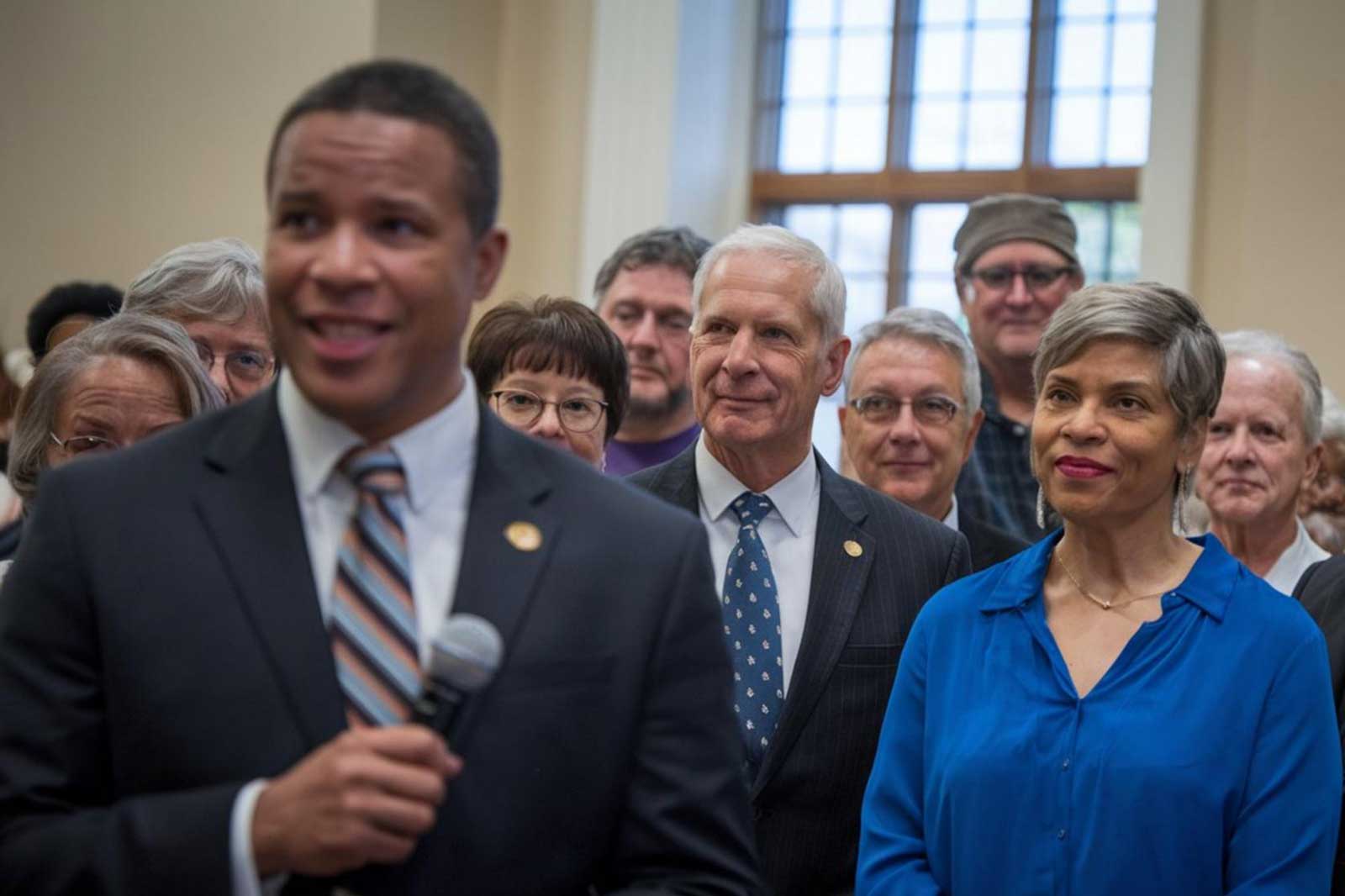222 – New Digital Governance Standards Cities Must Prepare For

A comprehensive framework for municipal digital governance is on the horizon, and cities are working quickly to understand its implications. The standards focus on cybersecurity, data transparency, and ethical AI use—areas where inconsistent practices have created vulnerabilities and public concern. Officials expect these new requirements to push cities toward more unified, secure, and resident-centered digital […]
221 – The Transportation Funding Rules That Will Reshape Mobility in 2025

New mobility funding rules are poised to give cities more flexibility in how they design and operate transportation networks. Expanded eligibility for micro-mobility, pedestrian improvements, and zero-emission fleets could open doors for a wider range of local initiatives. Transportation leaders say the changes represent one of the most significant updates in years, with the potential […]
220 – A Major Shift Is Coming to City Climate Resilience Plans

Cities across the country are preparing to update their climate resilience strategies using new federal guidance. The revisions prioritize heat mitigation, stormwater control, and wildfire protection, marking a broader shift toward integrated, whole-city planning. Officials say the emphasis on multi-benefit solutions—such as green streets, cooling corridors, and nature-based infrastructure—aligns with the realities of more frequent […]
219 – What Cities Need to Know About the New Housing Affordability Standards

A wave of updated housing affordability guidelines is set to take effect, promising clearer expectations for developers and stronger protections for residents. These standards aim to close loopholes and ensure that new housing supply includes sustainable, income-diverse options. City officials believe the changes will bring more predictability to negotiations and approvals, making it easier to […]
218 – The Big Upcoming Policy Changes on Urban Infrastructure Funding

Cities are bracing for a new set of federal and regional policy adjustments aimed at accelerating infrastructure delivery. These reforms focus on streamlining approvals, expanding matching funds, and encouraging public-private partnerships that unlock capital more quickly. Urban leaders expect the changes to create new opportunities for projects that have stalled due to complex financial hurdles […]
Why Data Governance Is Becoming a Central Issue for Cities

As cities adopt digital platforms and connected infrastructure, decisions about how data is collected, stored, and shared carry enormous consequences. The ability to manage data responsibly can strengthen trust and enable better services. Conversely, poor governance can erode public confidence and limit the success of smart city initiatives. Forward-looking cities are establishing clear policies around […]
How Urban Growth Debates Are Redefining Political Power

Questions surrounding development, zoning, and housing supply are reshaping political landscapes in cities. Public hearings now draw diverse voices as communities weigh the benefits and challenges of growth. These debates reflect deeper tensions around affordability, inclusivity, and long-term planning. Cities are responding by adopting more transparent public engagement processes and relying on data to inform […]
The Expanding Role of Local Leadership in National Challenges

As national governments face political deadlock, local leaders are taking decisive action on issues such as climate resilience, housing, and public safety. Mayors and city councils are leveraging their proximity to residents to implement practical, data-driven solutions. Their ability to act quickly makes cities powerful engines of policy innovation. This shift is redefining governance structures […]
Art-Driven Placemaking and Its Impact on Urban Communities

Creative placemaking projects are bringing art into the heart of urban development strategies. Murals, sculptures, digital installations, and performance spaces can dramatically reshape how people experience neighborhoods. These artistic interventions often reflect community values and tell stories that strengthen local identity. By integrating artists into early planning stages, cities foster more inclusive and responsive design. […]
The New Wave of Culinary Innovation Shaping City Identity

Urban food scenes are evolving as immigrant chefs, entrepreneurs, and next-generation restaurateurs introduce bold flavors and fresh culinary concepts. Their contributions are transforming entire neighborhoods into cultural destinations that reflect global influences. These dining hubs encourage a sense of belonging while attracting a diverse mix of residents and tourists. Cities are supporting these culinary ecosystems […]
